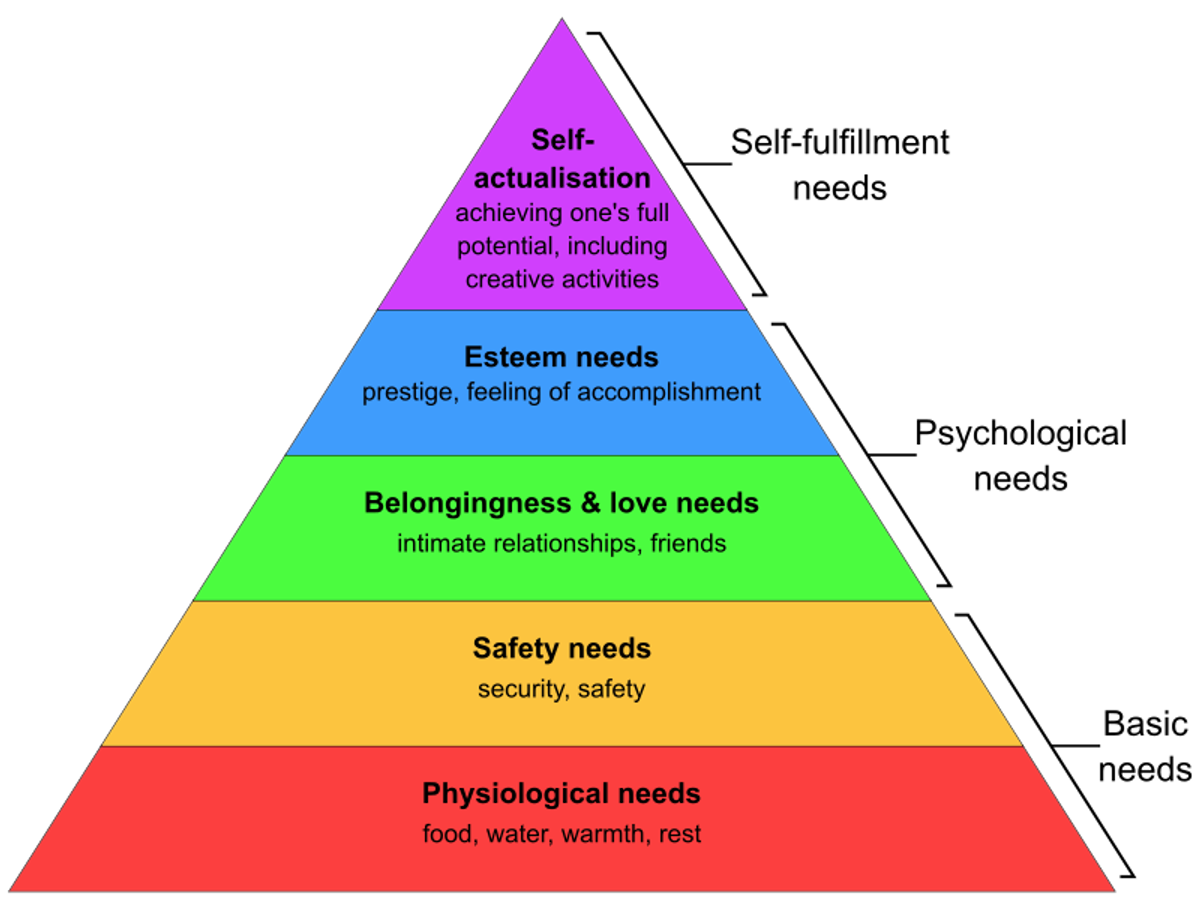What do we need for success?
Josip Loncaric

What do we need for success?
Josip Loncaric
There is a famous quote by Abraham Maslow, where he states that 'If the only tool you have is a hammer, you tend to see every problem as a nail'. These words can be used to explain the complexity of becoming a competent footballer. Having only one way to play or one solution to a football problem that manifests itself every moment of a match means that you become predictable and obsolete.
The same can be said for adults in the workplace. With more skills, experience, and deeper thinking, people can become more effective and efficient in their job, which usually then leads to more enjoyment.
How often have we seen young players that are instructed to hit long, direct passes to a dominant player on their team that may be physically further advanced than the rest of the playing group? It may give a short-term gain that masks the fact that this method of play will fall down at senior level when physical ability becomes irrelevant. So the question is; why train something that won't be useful when a player reaches maturity?
The answer is simple but can often be overlooked. If you are looking to develop any form of long-term success, it is common knowledge that you need a solid base, a logical step-by-step process, and lots of support at the right time.
In Maslow's Hierarchy of needs, a person requires the following in order to maximise their potential:
Physiological needs
Safety needs
Belongingness and Love needs
Esteem needs
Self-Actualisation needs
These can be broken down further into our basic needs, our psychological needs and our self-fulfilment needs.
In regards to a young footballer, the base is the love and passion for the game, followed closely by a mastery of the ball. Often it is hard to master the ball without a love for the game and what has been seen through time is that the two grow side by side: you get more passionate about something that you are seeing yourself get better at. As former Dutch and world football superstar Dennis Bergkamp said in his brilliant autobiography 'Stillness and Speed', “Most of the time I was by myself, just kicking the ball against the wall, seeing how it bounces, how it comes back, just controlling it. I found that so interesting” .
The more that he practiced, the deeper his love for the game grew.


Maslow also stated that “almost all creativity involves purposeful play,” and this suggests that although 'play' must be fun for it to be considered play, it can also be hard and focused work. When we do something with purpose - such as practicing our passing of the ball with both feet and all parts of the foot - we can add levels of challenge to ensure that we regularly extend ourselves out of our comfort zone.
By doing this, our comfort zone will expand over time and we will find ways to meet our psychological and self-fulfillment needs every single day of our lives.